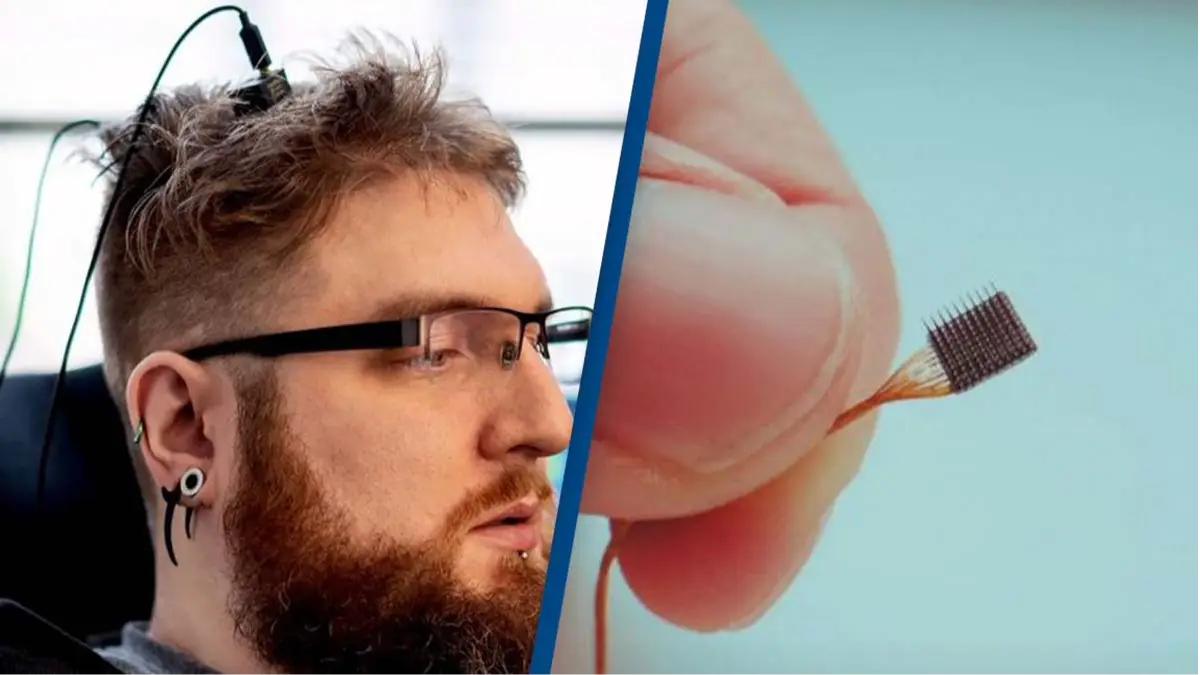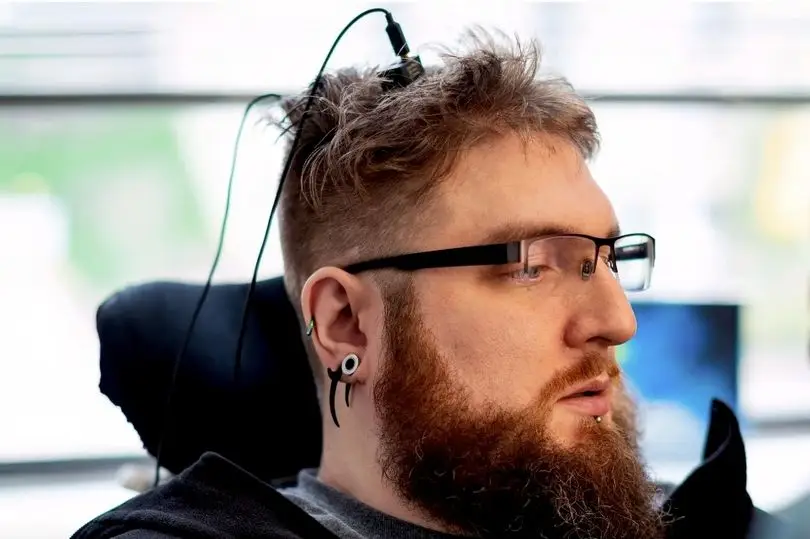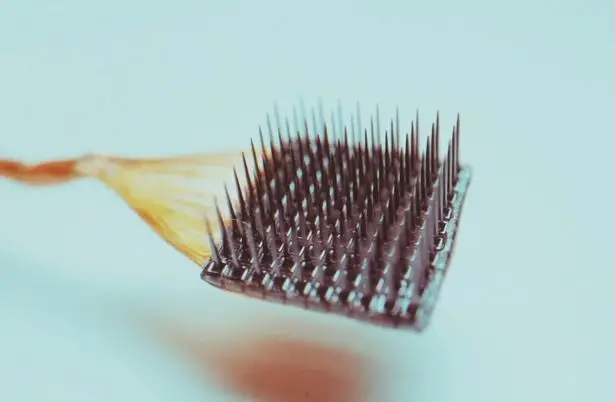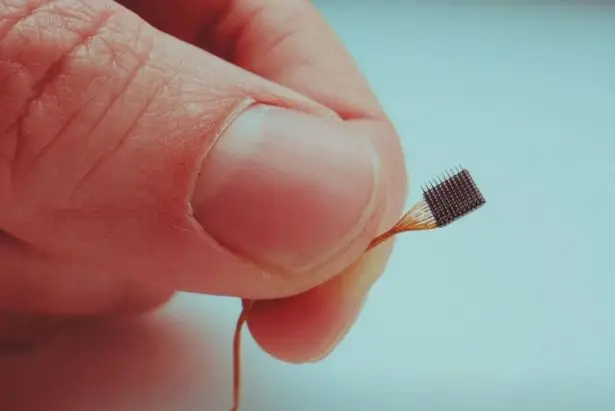
A US firm has implanted 50 chips into people’s brains, with scientists at the company hopeful that they will one day be able to massively improve the lives of people with paralysis, depression and physical paralysis.
The device is called the NeuroPort Array and it’s been made by a company called Blackrock Neurotech, based in Salt Lake City, Utah. The eventual aim of the device is for those implanted with the chip to be able to control robotic arms and electric wheelchairs with their mind, amongst other things.
If this all sounds too futuristic, you’re perhaps not too far away from the truth, and it’ll probably be a while before they actually get these things outside of the lab.
Nathan Copeland, who was involved in a serious car crash back in 2004, is a pioneer of the technology, having received his implant in 2014.
Advert
Copeland suffered a serious spinal injury, but through the implant has achieved ‘sensory feedback through intracortical microstimulation’, according to the company website.
He said: “When you have an accident like mine and you are limited to what you can do, and limited to what you can interact within your environment, doing something like this is very cool and very rewarding.”

However, it does show that we’re making huge leaps and bounds in this field, so perhaps the lives of people with serious disabilities and other issues might have their lives enriched.
Explaining why this development is so significant, the company’s co-founder Marcus Gerhardt said: "We are the only company with direct-brain BCI implants in humans.
"Our implantable arrays have enabled people to connect directly to computers, control robotic arms and wheelchairs, play video games, even regain sensation – with just their brain signals."
You’re no doubt wondering how this all works, and we’re not going to get too deep into all that now, but it accesses the thoughts of the person that has been implanted with the chip through 100 microneedles reading electrical signals that the brain produces.
The implant latches onto those signals produced by the brain, and decodes them using machine learning.
It’s pretty clever, right?

Anyway, the implant – when used correctly – can apparently perform some seriously complex tasks like using a computer or drawing a portrait.
There will be further hoops to jump through for the company, as you’d hope with something as intricate and potentially ethically challenging as this.
After all, they’re implanting stuff into people’s heads, so there’s got to be plenty of balances and checks in place.
Blackrock Neurotech will be need to get FDA approval if the implant is to leave the lab to interface with tools, as well as hopefully changing the lives of those who receive them.
Gerhardt said: "This medical device aims to increase independence and mobility, and ultimately, quality of life, for people with paralysis.
"Once home-use BCIs are available, they’ll help people build new lives that may have seemed impossible following their disability; we think we’ll see people return to work, establish greater independence, and engage with the world in powerful new ways."

"Our long-term vision is that our implants will become as readily available to people with paralysis as pacemakers are for people with heart issues."
It’s certainly and interesting field, and if it gains approval and can be tested properly, it could make a real difference to people in great need.
Topics: Technology, Health, Mental Health, US News, Science